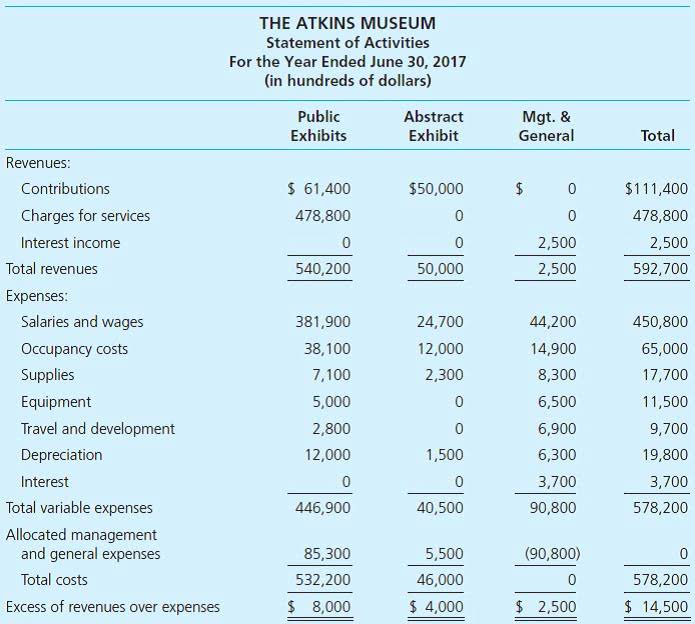
Using platforms like Milestone, you can access CPAs who cater to the unique requirements of therapy practices, ensuring you receive specialized and actionable financial advice. Maintaining a separate business checking account is crucial for a clear separation of personal and business finances. It involves separating personal and business expenses, using accounting software to track income, and consulting with financial advisors or accountants if needed. These measures ensure transparency and efficiency, allowing you to maximize your therapist income responsibly.

Prioritize paying your quarterly taxes
To enhance their profit margin, therapists should consider implementing several key strategies. Maximizing tax deductions is crucial to enhancing profit margins, as it ensures that therapists take full advantage of available tax planning opportunities. Utilizing effective scheduling and billing software can streamline operations, reducing administrative burdens and freeing up more time for client sessions. Investing in marketing to attract new clients and maintaining an online presence through social media platforms is crucial in increasing client volume.
Accounting For Therapists
Our intuitive software automates the busywork with powerful tools and features designed to help you simplify your financial management and make informed business decisions. Bench simplifies your small business accounting by combining intuitive software that automates the busywork with real, professional human support. Ultimately, you’re the best judge of whether it makes sense to hire bookkeeping for therapists a professional bookkeeper for your therapy practice.
The price of Heard
In case of an audit, the IRS will demand receipts for your tax deductions. One solution is to categorize your business transactions at the end of each month or quarter. Afterward, contact your bank to open your practice’s business checking account and apply for a business credit card.
- The practice of recording and categorizing day-to-day transactions for your business.
- The insurance claims billing process isn’t always smooth sailing for clinicians, as problems with claims denials or slow reimbursements can slow your revenue cycle.
- That’s why many therapists partner with tax experts to ensure the best possible result come tax season.
- The P&L tells you how much money you earned (revenue) and how much you spent (expenses) over a particular period, and your total income (revenue minus expenses).
- P&Ls for your therapy practice may be generated monthly or quarterly, and annually for the purpose of filing taxes.
- They’ll also help you stay up-to-date on changing tax laws that may affect your practice.
- Typically, as private practice owners, you will need to consider your overhead, personal financial needs, and the economic state of your practice.
The Glossary of Bookkeeping and Tax Terms for Therapists

Mixing the two can lead to confusion, make it difficult to track expenses, and even cause problems with the IRS. To avoid these complications, open a dedicated business bank account and use a business credit card for all practice-related transactions. Even if you hire someone, it’s still a good idea to understand the tax implications and best practices for bookkeeping and accounting in your private practice. Welcome to Therapeutic Tax Solutions, where our expertise in bookkeeping for therapists helps you focus more on your clients and less on your finances. Understanding the nuances of financial management within the therapy industry, we provide comprehensive bookkeeping services designed to unearned revenue enhance the efficiency and profitability of your practice.


A bookkeeper’s primary role is to maintain accurate records of all financial transactions within your therapy practice. This includes everything from client payments and billing to law firm chart of accounts expenses and payroll. Our professionals ensure that every financial move you make is tracked and recorded systematically, paving the way for smooth operations and strategic business planning.
manage
A huge pro of accounting software is it tends to be far more affordable than some of the other options. A huge con is that you often don’t get much individualized support (if at all), and it’s still pretty easy to make a lot of the same mistakes folks make when DIYing all of their accounting. Accounting software can help with keeping track of your income, expenses, and payroll. I just keep a monthly tally of my revenue and expenses in an excel doc and cut myself a paycheck based on the equations he built into it for me.


